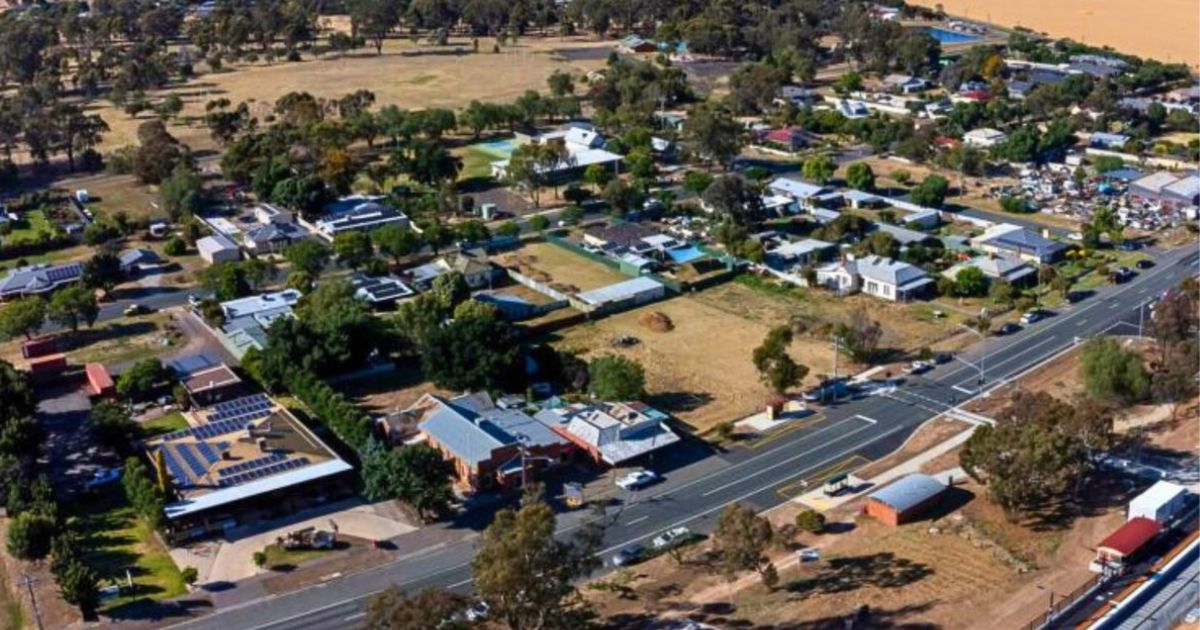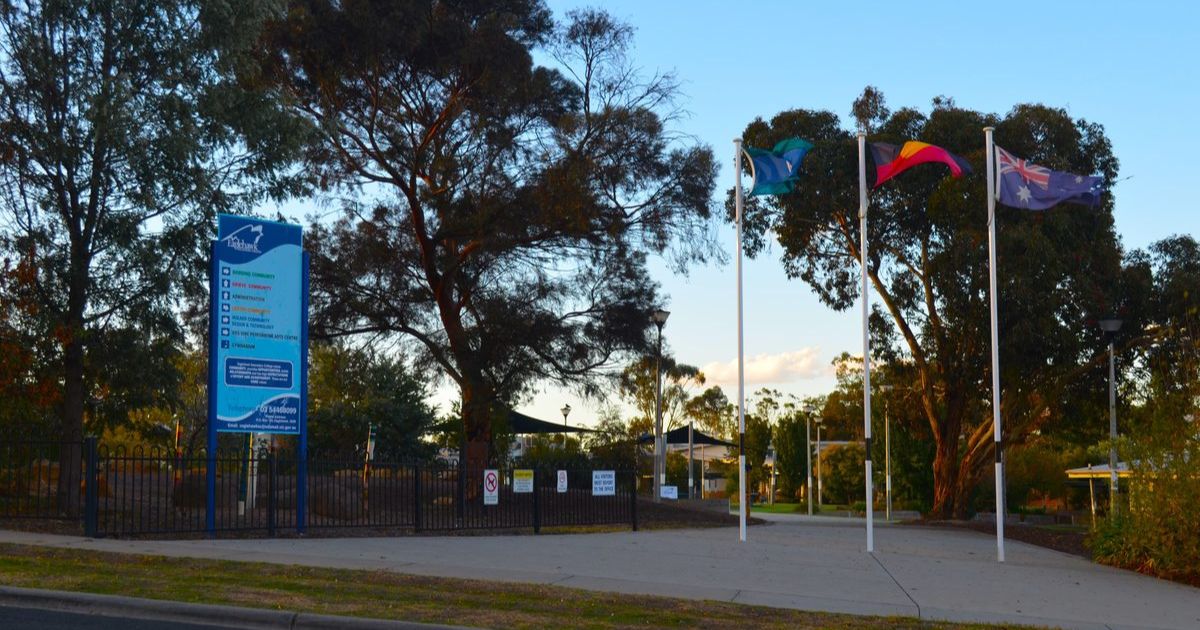From the desk of Roland Rocchiccioli – 12 March

So sweet: Good honey is a treat and should be regarded like all added sugars - something to be included in a well-balanced diet. Photo: SUPPLIED
It is hard to imagine a world without bees and their reassuring buzz in the summer!
Apocryphally, Albert Einstein argued if they became extinct, humanity would have only four years more of life. Extreme perhaps, but we would suffer a seismic shift in our existence.
Food crops would have no-one to pollinate them, and in less than 100 years lions, tigers, elephants, rhinos, and gorillas would be gone.
The balance of our system starts with the bees.
They may be small, but they are incredibly important to life on earth. Three-quarters of the crops we eat depend on bees as pollinators. They are the building blocks of nature, responsible for the pollination of one third of our crops. Without them both we, and the natural world, is doomed. A most disquieting thought.
I recall, some years ago, I talked on television with a scientist. He explained, in the starkest of terms, how, each year, we are introduced to 5000 new herbicides, insecticides, and pesticides – all of which inflict serious damage to the swarms of bees.
In North America, 2007, beekeepers lost between 30 and 90 per cent of their hives. One of the main causes was insecticides. The entomological world plays an important role in balancing our delicate ecosystem. Negligently remove the corner stone and the whole house-of-cards will come tumbling down, with serious consequences. While we may sit at the top of the pecking order, we are not necessarily the most important!
There are many things which will help bring the problem under control and allow the bees to do their important work: put away the sprays and the insecticides; plant a bee-friendly garden. They are attracted to brightly coloured flowers; let your garden get a little messy, it provides a haven for all sorts of important insects. Areas of ivy ground cover supports a magical hidden kingdom about which we know so little; provide an oasis by leaving an area of dandelions in the lawn. Make it a feature. The bees love them!
The challenge is immense and everything is at stake, but we can succeed. With our help, these little workers can keep feeding us, long into the future.
When my late father, Nello, coughed it came from the souls of his feet. He died from silicosis and tuberculosis, aged 63.
The killer disease, miner’s complain or dust on the lungs, was a consequence of being an underground machine miner, and working deep in the bowels of the earth with inadequate ventilation.
I remember, vividly, when the letter arrived in Gwalia advising him of the diagnosis following an X-ray. It created chaos in both our lives.
It is incomprehensible, given this problem has been around for a century in this country, we still allow hazardous workplaces to operate with impunity. You would be a dullard not to realise the fine dust from any form of stone, whether it be natural or manmade, is going to cause lung and breathing complications.
An insidious condition, silicosis invariably proves fatal. My father spent the final, miserable years of his life in the care of the Little Sisters of the Poor. He underwent a major lung resectioning which left him totally weakened; he was incapable of performing the simplest tasks.
It is incomprehensible, in this age of space and modern technology, governments have not legislated to make certain we do not replicate past problems.
I hoped silicosis ended with my father’s death. Alas, not!
Roland can be contacted via [email protected].


















